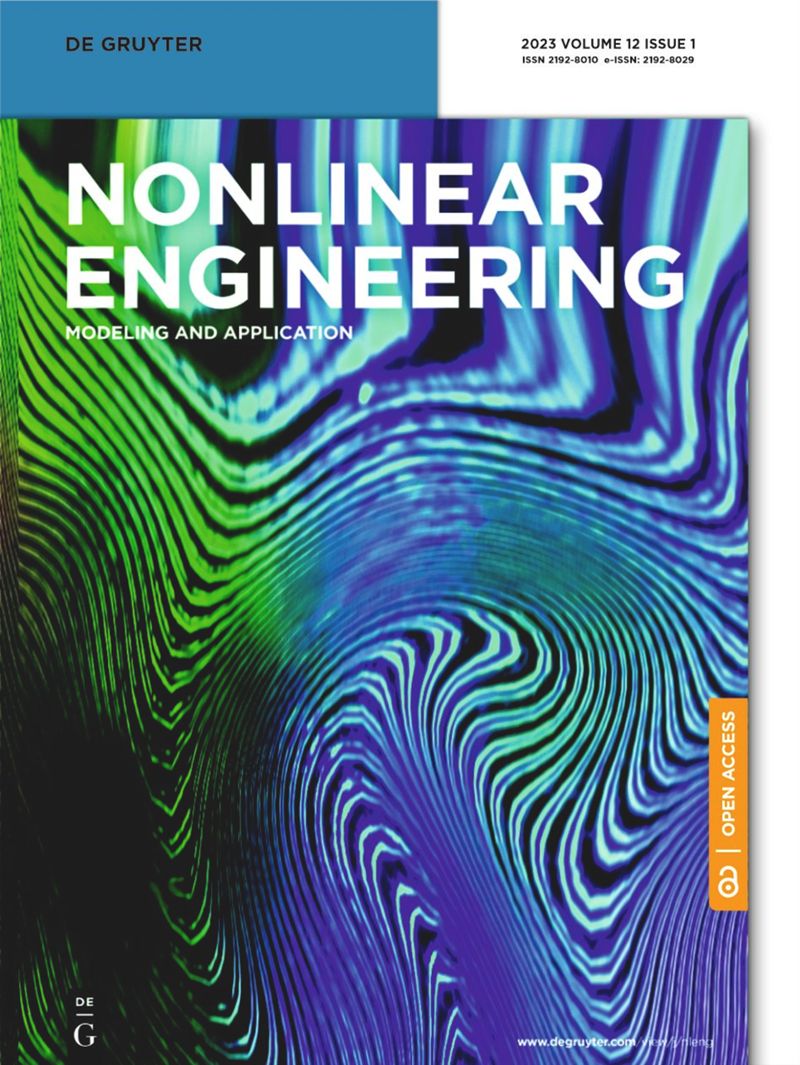Performance evaluation and optimization of fixture adapter for oil drilling top drives
IF 1.5
Q2 ENGINEERING, MECHANICAL
引用次数: 0
Abstract
Abstract A top drive is an essential mechanical device in oil field drilling since it provides the necessary torque for the drilling operations. Manufacturers in the oil and gas industry typically perform in-housing testing and classify the Safe Working Load of top drives. Testing a top drive requires a unique test stand, thus making testing top drives from other manufacturers a difficult challenge. A fixture adapter can be designed using geometric constraints and intuition to make testing apparatus semi-universal, yet they are often bulky and heavy, posing more significant safety concerns. This study aims to first numerically assess the existing fixture adapter and then structurally optimize it for enhancing its structural integrity and efficiency under various severe working environments. Therefore, finite element analysis (FEA) was performed on the existing fixture adapter, and compliance minimization topology optimization was employed. Four load and boundary conditions were used from the three most frequent operation scenarios for the fixture adapters: (i) drilling standby, (ii) staging area, (iii) drilling make-up, and (iv) break-up. The FEA results indicated that no safety factor was compromised with a 50% and 60% mass retention constraint via topology optimization compared to the original fixture adapter. The optimized fixture adapter was also tested under compression using printed 3D prototypes to validate the finite analysis and topology optimization processes.石油钻井顶驱夹具接头性能评价与优化
顶驱是油田钻井中必不可少的机械装置,它为钻井作业提供必要的扭矩。石油和天然气行业的制造商通常会进行内部测试,并对顶部驱动器的安全工作负载进行分类。测试顶部驱动器需要一个独特的测试台,因此测试其他制造商的顶部驱动器是一项艰巨的挑战。夹具适配器可以使用几何约束和直觉来设计,使测试设备具有半通用性,但它们通常又大又重,带来更大的安全问题。本研究旨在首先对现有夹具适配器进行数值评估,然后对其进行结构优化,以提高其在各种恶劣工作环境下的结构完整性和效率。因此,对现有夹具适配器进行有限元分析,并采用柔度最小化拓扑优化方法。夹具适配器使用了三种最常见的操作场景中的四种负载和边界条件:(i)钻井备用,(ii)分段区域,(iii)钻井补装和(iv)中断。有限元分析结果表明,与原始夹具适配器相比,通过拓扑优化,在质量保留约束为50%和60%的情况下,安全系数没有受到损害。优化后的夹具适配器还使用打印的3D原型进行了压缩测试,以验证有限分析和拓扑优化过程。
本文章由计算机程序翻译,如有差异,请以英文原文为准。
求助全文
约1分钟内获得全文
求助全文
来源期刊
CiteScore
6.20
自引率
3.60%
发文量
49
审稿时长
44 weeks
期刊介绍:
The Journal of Nonlinear Engineering aims to be a platform for sharing original research results in theoretical, experimental, practical, and applied nonlinear phenomena within engineering. It serves as a forum to exchange ideas and applications of nonlinear problems across various engineering disciplines. Articles are considered for publication if they explore nonlinearities in engineering systems, offering realistic mathematical modeling, utilizing nonlinearity for new designs, stabilizing systems, understanding system behavior through nonlinearity, optimizing systems based on nonlinear interactions, and developing algorithms to harness and leverage nonlinear elements.

 求助内容:
求助内容: 应助结果提醒方式:
应助结果提醒方式:


